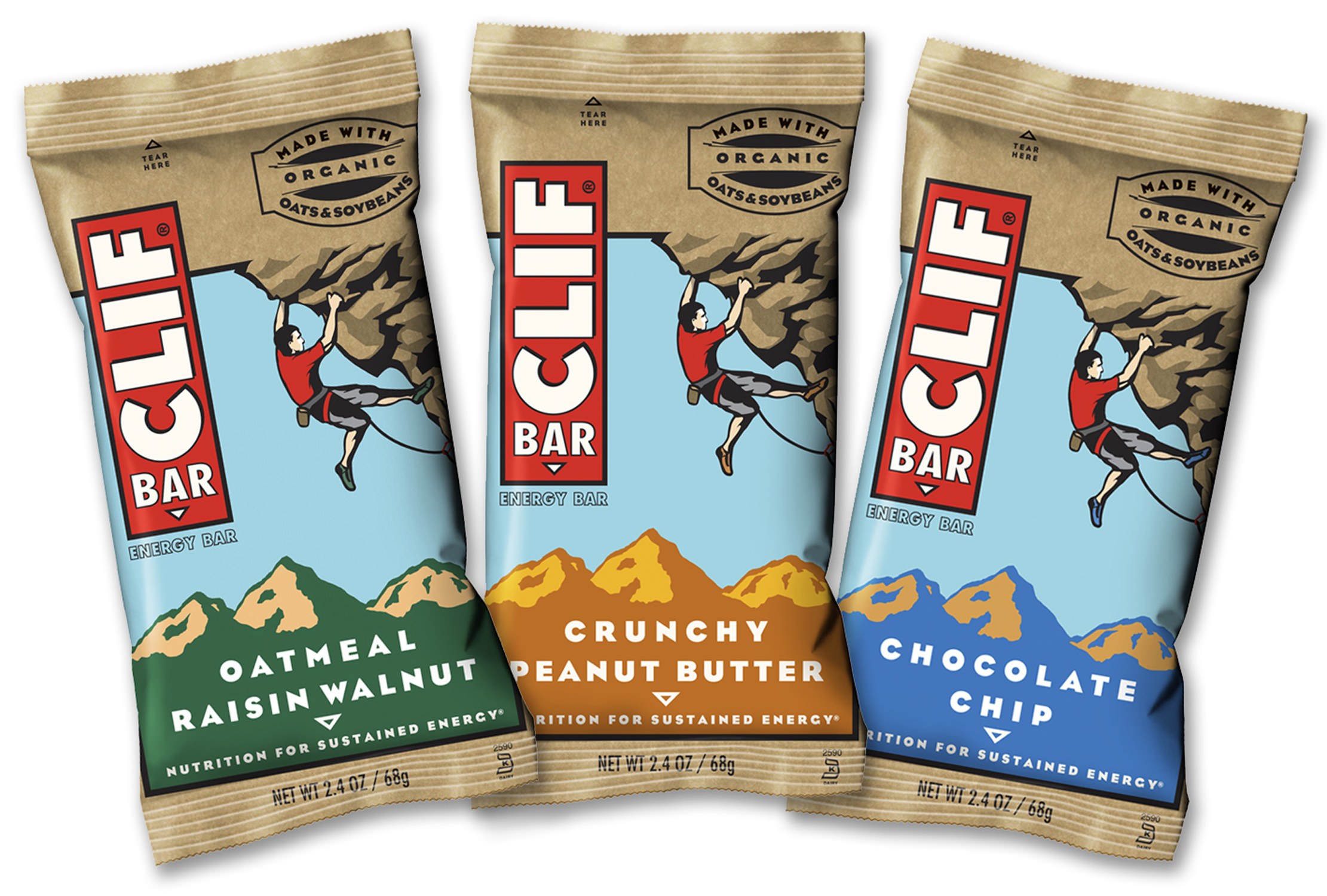The Truth About Clif Bar
Some socially conscious companies adhere to a triple bottom line.
Clif Bar adheres to five.
Born on a Bike. Kitchen Crafted. Family Owned.
The year was 1990. A young Gary Erickson was enjoying his routine 175-mile bike ride when he had something of the likes of an epiphany. As he sat there eating mediocre energy bars , he vowed to craft a better version.Two years later, "after countless hours in Mom's kitchen", Clif Bar was born.Since 1992, the company (named after Gary's father Clifford) has lived by "five bottom lines", otherwise known as The Five Aspirations: "sustaining our business, brands, people, community, and the planet". Today, Clif Bar is renowned for its commitment to the environment, fair treatment of employees , and support for social causes.And, importantly, the company has enjoyed double-digit compounded annual growth for the past decade.Clif Bar's headquarters (Emeryville, CA), was the first building in North America to install over 500kWh of solar. The company has been heavily involved in climate legislation and was recognized as a "Climate Counts Industry Innovator" - likely the result of Clif Bar's efforts in offsetting its carbon footprint, both through investment in wind energy and encouragement of greener practices from employees. Clif Bar employees are allotted up to $500 to buy a bicycle for their commute and the company's "Cool Home Program" offers employees up to $1000 annually as reward for eco-home improvements.Yet, the Food Empowerment Project (F.E.P.), a vegan nonprofit striving to raise awareness for sustainable food, has campaigned against Clif Bar for over three years.You're probably wondering why anyone would wager against such a socially conscious company.Glad you asked.Clif Bar has unwaveringly refused to disclose the origins of its cocoa.What's the issue? Over 70% of the world's cocoa comes from Western Africa, a location inundated with child labor. Approximately 1.8 million children are enslaved by the chocolate industry in Ghana and the Ivory Coast.Interestingly, global efforts to curb such slavery have been trivial. According to CNN the reason is a lack of engagement on behalf of the major chocolate companies.
 As shown above, the F.E.P. has added some new visuals to its website.“We are thrilled that Clif Bar disclosed the origins of their cocoa and lived up to the social responsible image that it projects,” - Lauren Ornelas, Founder of F.E.P.The Origins, as told by Clif BarCote D’Ivoire, the Dominican Republic, Ecuador, Ghana, Indonesia, Peru, and Tanzania."Today, 100% of the cocoa ingredients we use in our food is organic or Rainforest Alliance Certified. The Rainforest Alliance supports a healthy environment and promotes the well-being of workers and their communities. Certified farms help conserve soil and water, prevent deforestation, and minimize use of pesticides and agrochemicals. Farmworkers benefit from safe working conditions, dignified housing, medical care and access to schools for their children. The certification strictly prohibits child labor".So there you have it.Interestingly, Clif Bar has yet to make it on the F.E.P.'s recommended chocolate list, a decision I presume is due to Clif Bar's sourcing from Cote D’Ivoire, Ghana, and Tanzania.That being said, the F.E.P. appears to be content with Clif Bar's transparency....for now.
As shown above, the F.E.P. has added some new visuals to its website.“We are thrilled that Clif Bar disclosed the origins of their cocoa and lived up to the social responsible image that it projects,” - Lauren Ornelas, Founder of F.E.P.The Origins, as told by Clif BarCote D’Ivoire, the Dominican Republic, Ecuador, Ghana, Indonesia, Peru, and Tanzania."Today, 100% of the cocoa ingredients we use in our food is organic or Rainforest Alliance Certified. The Rainforest Alliance supports a healthy environment and promotes the well-being of workers and their communities. Certified farms help conserve soil and water, prevent deforestation, and minimize use of pesticides and agrochemicals. Farmworkers benefit from safe working conditions, dignified housing, medical care and access to schools for their children. The certification strictly prohibits child labor".So there you have it.Interestingly, Clif Bar has yet to make it on the F.E.P.'s recommended chocolate list, a decision I presume is due to Clif Bar's sourcing from Cote D’Ivoire, Ghana, and Tanzania.That being said, the F.E.P. appears to be content with Clif Bar's transparency....for now.
